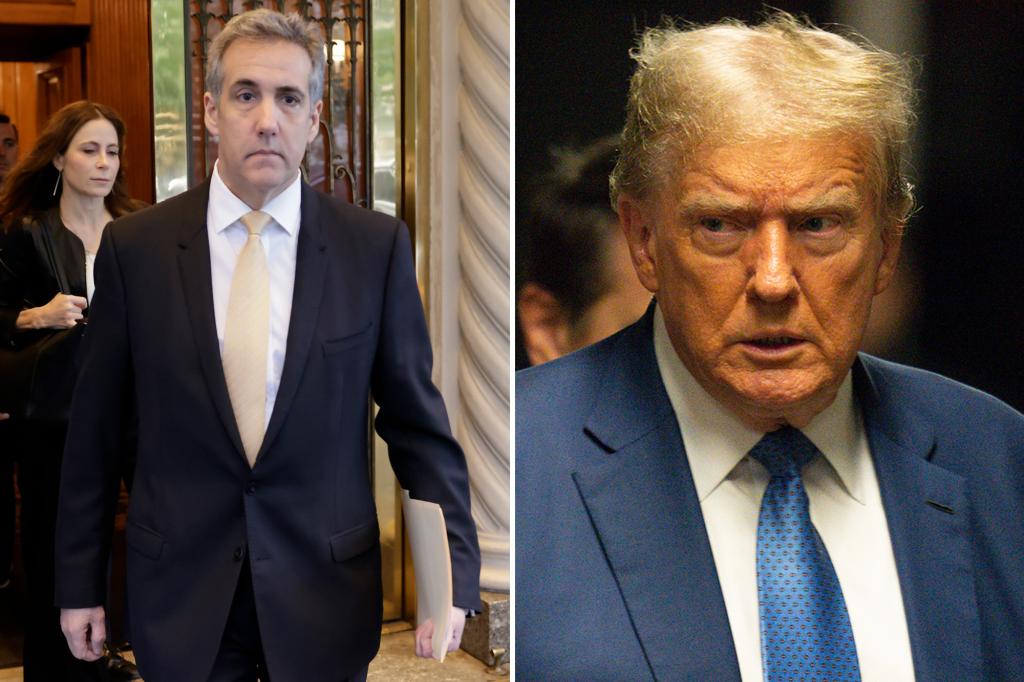Michael Cohen, former attorney to Donald Trump, admitted in court that he had stolen $60,000 from the Trump Organization by overstating the amount he needed to be repaid for fronting funds to a poll-rigging tech company. Legal experts noted that Cohen could have faced up to seven years in prison for this crime, as it could have been charged as third-degree grand larceny. However, the statute of limitations for grand larceny has since expired, and it is unlikely that Trump would cooperate in prosecuting Cohen as it would expose him to potential misconduct allegations.
During the hush money trial against Trump, Cohen admitted to giving $20,000 worth of cash to the Red Finch CEO for election poll-rigging services and receiving $60,000 from the Trump Organization in reimbursement. He confessed to not returning the money to the Trump Organization, further solidifying the prosecution’s case against Trump. Cohen’s testimony also revealed his history of lies and misdeeds, including previous convictions for tax evasion, making false statements, campaign finance violations, and lying to Congress, which resulted in his disbarment.
Trump’s defense attorney, Todd Blanche, effectively portrayed Cohen as a liar and thief motivated by money, trying to demonstrate that Cohen was always looking to profit from his relationship with Trump. Despite Cohen’s admission to stealing from the Trump Organization, legal experts noted that Trump denies the charges of falsifying business records in relation to hush money payments to Stormy Daniels, claiming that the case relies solely on the word of a convicted liar, Cohen.
The testimony provided by Cohen during the trial serves as a significant piece of evidence against Trump, as he detailed the illegal activities he engaged in at the behest of his former boss. However, given Cohen’s history of deceit and criminal convictions, there is a concern that the jury may question his credibility as a witness. The prosecution believes that the evidence presented by Cohen is sufficient to convict Trump if the jury believes his testimony, but this credibility issue could undermine their case.
Despite the potential impact of Cohen’s testimony on the case against Trump, the former president maintains his innocence of the charges brought against him. The defense’s strategy is to discredit Cohen as a witness by highlighting his criminal history and casting doubt on his motives for testifying against Trump. Ultimately, the outcome of the trial will depend on how the jury assesses the credibility of both Cohen and the evidence presented by the prosecution. Trump’s denial of the charges and his reliance on discrediting Cohen’s testimony suggest a contentious legal battle ahead.


